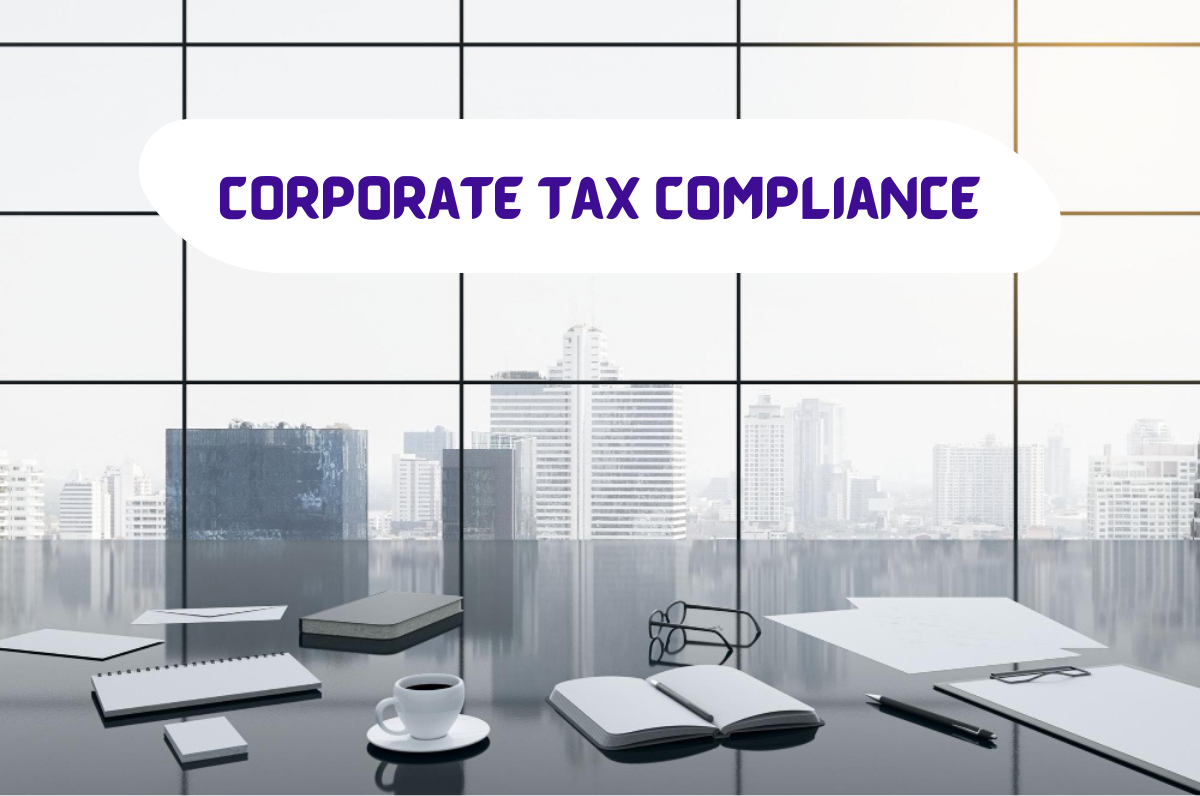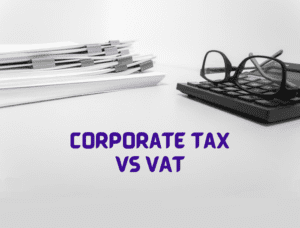Introduction
Navigating corporate tax regulations in the UAE can be complex for small and medium-sized businesses (SMBs). With the UAE’s introduction of Corporate Income Tax (CIT), understanding compliance requirements is crucial for avoiding penalties and optimizing your tax strategy. In this blog, we’ll break down the key elements of corporate tax compliance and show how Limrise can help SMBs in the UAE stay compliant while maximizing tax efficiency.
What is Corporate Tax Compliance?
Corporate tax compliance refers to adhering to all laws, rules, and regulations related to the payment of corporate taxes. For businesses in the UAE, this means understanding the requirements set forth by the Ministry of Finance (MoF) and ensuring accurate filing of corporate income tax returns. Corporate tax compliance involves tracking revenue, expenses, and other financial data to calculate your taxable income correctly and pay the appropriate amount of tax.
Key Areas of Corporate Tax Compliance for UAE SMBs:
- Understanding Corporate Tax Rates
Corporate tax in the UAE is set at 9% for taxable income exceeding AED 375,000. Income below this threshold is subject to a 0% tax rate. It’s important for SMBs to monitor their revenue closely and understand how the corporate tax rate impacts their business to avoid unnecessary penalties. - Accurate Financial Reporting
Maintaining accurate financial records is a cornerstone of tax compliance. UAE SMBs must ensure that all financial transactions, including revenues, expenses, and deductions, are properly documented. Failing to maintain accurate records can result in fines, audits, and potential legal issues. - Filing Corporate Tax Returns
All businesses subject to corporate tax must file annual returns with the MoF. This involves calculating taxable income, applying any deductions or exemptions, and submitting the required forms by the designated deadline. Late filings or inaccuracies can lead to penalties. - VAT and Corporate Tax Integration
In addition to corporate tax, many SMBs are also subject to VAT in the UAE. It’s important to ensure that VAT and corporate tax records align, as discrepancies can raise red flags with tax authorities. Efficiently managing both VAT and corporate tax can help SMBs avoid penalties and improve overall tax efficiency. - Exemptions and Deductions
Certain businesses and entities, such as those in Free Zones, may qualify for tax exemptions or reduced rates. Additionally, deductions for business expenses can help reduce the taxable income for SMBs. However, these must be handled with care to ensure full compliance with tax regulations.
How Limrise Helps SMBs Stay Compliant
At Limrise, we specialize in helping SMBs navigate the complexities of corporate tax compliance in the UAE. Our team of experienced tax advisors provides tailored solutions to ensure your business stays compliant while optimizing your tax strategy. From managing corporate tax filings to integrating VAT and corporate tax, we ensure that your business meets all regulatory requirements.
Conclusion
Corporate tax compliance is essential for every UAE SMB, ensuring smooth business operations and avoiding costly penalties. By understanding tax regulations, maintaining accurate financial records, and filing returns on time, SMBs can stay compliant while also optimizing their tax strategies. Limrise offers comprehensive corporate tax services to help your business achieve compliance and financial success.
Contact Us Today!
📞 +971 50 786 2491 | +971 55 285 2393
✉️ hello@limrise.com






